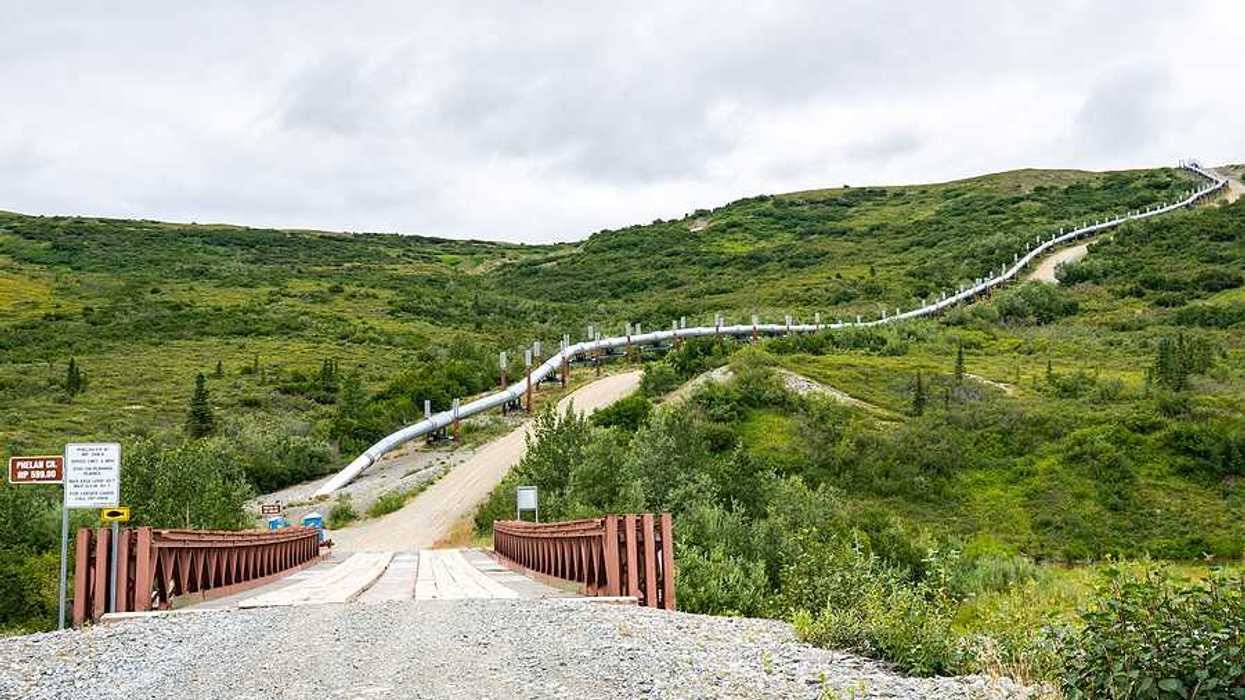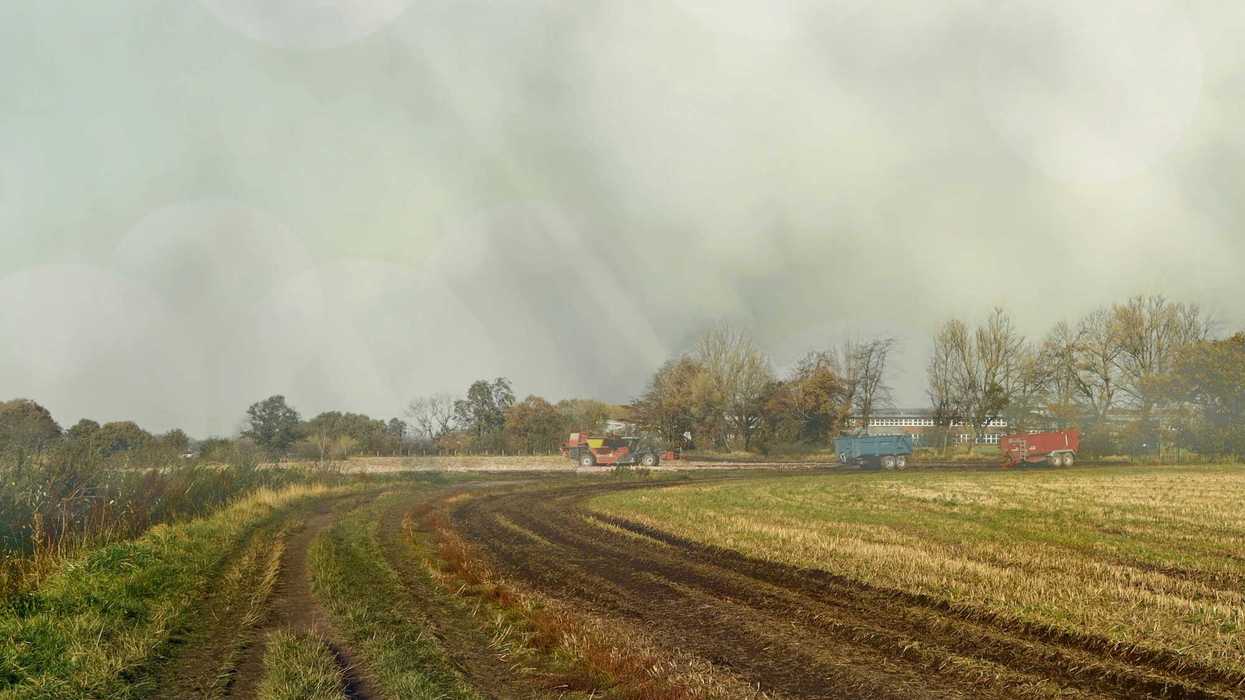Nigeria's capital city Abuja is increasingly disrupted by cattle blocking roads as climate change and urban development force Fulani herders to seek pasture in the city.
Taiwo Adebayo reports for The Associated Press.
In short:
- Climate change and urban expansion have destroyed traditional grazing lands in northern Nigeria, pushing herders into urban areas like Abuja.
- Fulani herders, who dominate West Africa’s cattle industry, now struggle with reduced access to free grazing, leading to frequent clashes with city life.
- Proposals to solve the issue include reviving government grazing reserves and providing financial incentives to herders.
Key quote:
“The government should revive the gazetted grazing reserves fitted with the infrastructure for water and fodder production, training and veterinary services and generate jobs and revenues.”
— Baba Ngelzarma, president of Miyetti Allah Cattle Breeders Association of Nigeria
Why this matters:
The conflict between herders and urban development reflects broader challenges in balancing traditional livelihoods with modernization, exacerbated by climate change. Addressing this requires coordinated action to support both the livestock industry and urban planning.
Read more: West Africa's early heat wave signals climate change's impact














